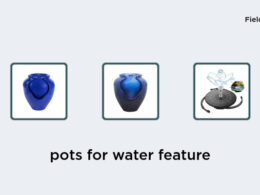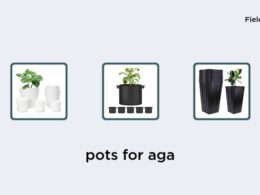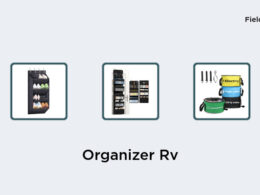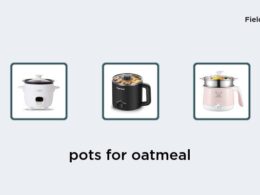The Versatility of Hydroponic Farming
Hydroponic farming has revolutionized the way we look at traditional agriculture. With the ability to grow crops in a controlled environment without the use of soil, hydroponics offers several advantages over conventional farming methods. One major benefit is the ability to grow crops all year round, regardless of season or weather conditions. This also has the added benefit of reducing water usage and minimizing the need for pesticides and fertilizers. Another key advantage of hydroponic farming is the versatility it offers in terms of the types of crops that can be grown. Almost every plant can be grown hydroponically, provided that the system is designed to meet the specific needs of the plant. This means that hydroponic farming is not limited to just a few select crops, but offers the potential to grow a wide range of plants in a sustainable and efficient way.Popular Crop Choices for Hydroponic Cultivation
While hydroponic farming offers a wide range of possibilities, some crops have proven to be more popular and successful than others. Some of the most popular crops for hydroponic cultivation include tomatoes, leaf lettuce, peppers, strawberries, cucumbers, watercress, celery and a few herbs.Exploring the Potential of Hydroponic Tomatoes
When it comes to hydroponic farming, tomatoes are one of the most popular crops. This is because they are relatively easy to grow, are highly productive, and offer a fast turnaround time. Tomatoes grown hydroponically also tend to be of a higher quality, as they are grown in a controlled environment that provides an optimal mix of nutrients and water. Key Point: Hydroponic tomatoes offer higher yields and better quality than conventional tomato farming.Lettuce and Other Leafy Greens Thriving in Hydroponics
Lettuce and other leafy greens are also popular crops for hydroponic farming, due to their fast-growing nature and relatively low maintenance requirements. One advantage of growing leafy greens hydroponically is that they do not require deep soil, which makes them ideal for smaller, more compact hydroponic systems. Key Point: Hydroponic lettuce and leafy greens are easy to grow and do not require a lot of space.Peppers, Cucumbers, and Strawberries: Successful Hydroponic Crops
Peppers, cucumbers, and strawberries are just a few of the other crops that have proven to be successful in hydroponic farming. These crops require slightly more maintenance and attention than tomatoes or leafy greens, but still offer the potential for high yields and quality produce. Key Point: Peppers, cucumbers, and strawberries are crops that can thrive in hydroponic systems with the right care and attention.Hydroponic System Design for Optimal Plant Support
One of the most important aspects of hydroponic farming is designing a system that provides optimal support for the crops being grown. This includes factors such as the type of nutrient solution used, the spacing of the plants, and the type of support structure used. List of design factors to consider:- Size and depth of nutrient tank
- Type and quality of nutrient solution
- Spacing between plants
- Type of lighting used
- Support structures for plants
Unconventional Hydroponic Herbs You Can Grow at Home
While hydroponic farming is often associated with larger-scale commercial operations, it is also possible to grow a wide range of herbs at home using hydroponic methods. Some unconventional herbs that can be successfully grown hydroponically include: List of unconventional hydroponic herbs:- Basil
- Cilantro
- Mint
- Parsley
- Chives




















